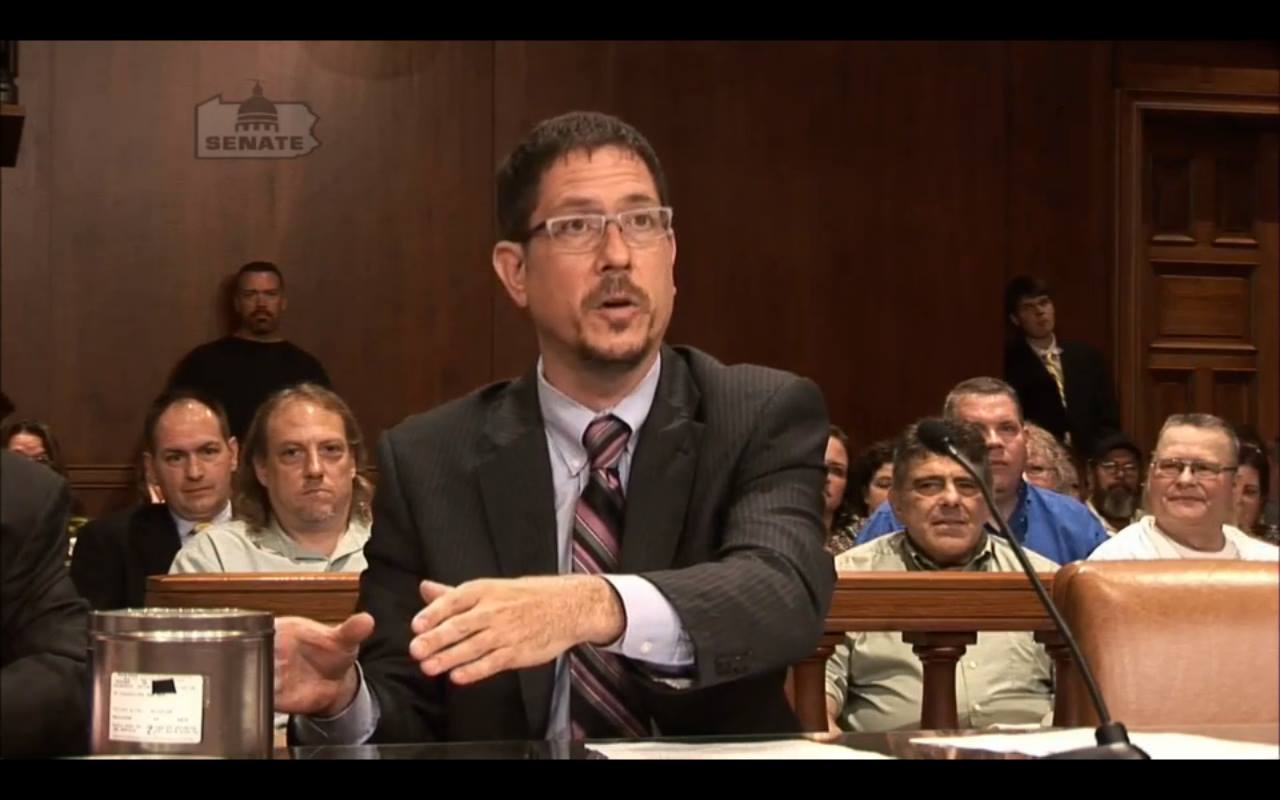Federal Crime Lawyer: Protecting Your Legal Rights Versus Serious Federal Charges
Federal Crime Lawyer: Protecting Your Legal Rights Versus Serious Federal Charges
Blog Article
Debunking the Refine of Federal Appeals: What You Required to Know
Navigating the elaborate realm of government allures can often feel like passing through uncharted waters for those unfamiliar with the procedure. Comprehending the subtleties of appellate court territory, the intricacies of filing a notice of appeal, offering a compelling brief, and making a convincing oral argument are important elements that can substantially affect the result of a situation. By unwinding the layers of intricacy bordering government charms, individuals can acquire a clearer insight into the systems that regulate this critical point of the legal system.
Understanding Federal Appeals Process
Exploring the detailed world of the federal appeals process unveils a systematic and structured journey through the judicial system. Federal allures function as a vital system for evaluating decisions made by reduced courts. Recognizing this process is essential for any person associated with legal proceedings at the government degree.
The process typically starts with a celebration dissatisfied with a reduced court's judgment submitting a notification of charm. This sets off a review by a greater court, where a panel of judges analyzes the lawful arguments offered by both celebrations. Briefs describing the lawful reasoning behind each party's position are sent, and oral debates may be heard to clarify complicated issues.
The appellate court's choice is based on a thorough examination of the reduced court's process and the arguments offered. As soon as the appellate court gets to a decision, it can affirm, turn around, remand, or change the reduced court's ruling, providing clarity and finality to the lawful disagreement.
Appellate Court Jurisdiction Described
Appellate court jurisdiction refers to the range of cases that a certain appellate court has the power to choose and assess upon. Unlike trial courts that listen to situations for the initial time, appellate courts are limited to assessing decisions made by reduced courts.
Appellate courts have jurisdiction over certain types of situations, typically those including lawful errors, step-by-step issues, or concerns of regulation instead of accurate disagreements. The territory of appellate courts is normally laid out in statutes and legislations that control the court system. Comprehending appellate court territory is crucial for celebrations associated with the appeals process as it establishes whether a case is eligible for review and the degree to which the appellate court can interfere in the lower court's decision.
Declaring a Notice of Charm
The first action in commencing the federal charms procedure entails submitting a Notice of Allure with the ideal appellate court. This essential file officially informs the court and the various other events entailed in the case that the appealing party intends to seek an evaluation of the lower court's decision. Submitting a Notification of Appeal is a strict procedural requirement that sets the appellate process in motion.
When preparing the Notice of Appeal, it is necessary to guarantee compliance with the particular guidelines and guidelines of the appropriate appellate court. federal crime attorney. The document must generally include details such as the instance name, the reduced court's name, the day of the judgment being appealed, and a concise statement indicating the premises for the allure

Briefing and Dental Argument
In the appellate procedure, presenting composed briefs and engaging in oral debates play critical duties in advocating for the appealing celebration's placement before the appellate court. Briefs are detailed legal files that lay out the parties' disagreements, legal authorities, and evaluation sustaining their settings. These composed entries offer the court with a thorough understanding of the facts of the situation, the appropriate regulation, and why the appealing party believes the reduced court's choice should be overturned.
Complying with the entry and review of the briefs, oral arguments offer the parties an opportunity to further clarify their positions, attend to any type of inquiries the appellate judges may have, and emphasize vital factors from their created briefs. Oral arguments are an opportunity for the lawyers to convince the courts through verbal advocacy and responses to queries from the bench.
Both the written briefs and dental debates are important parts of the appellate process, permitting events to provide their instance completely and compellingly before the appellate court. - federal crime lawyer
Obtaining the Appellate Court Decision
The appellate court's decision is usually supplied in a composed layout and describes the court's verdicts on the find this lawful problems offered, the reasoning behind their decision, and the judgment provided. The time frame for getting the appellate court's choice can differ, but courts make every effort to provide timely resolutions. Whether the appellate court verifies, turns around, or remands the lower court's decision, comprehending the effects of the ruling is important for all events involved in the appellate process.
Final Thought
Finally, the federal charms procedure is a facility yet essential action in seeking justice. Recognizing the appellate court jurisdiction, filing a notice of charm, preparing briefs, and providing dental debates are all vital components of this process. Eventually, getting the appellate court choice can give quality and resolution to lawful disputes. It is very important to browse the federal charms process with persistance and attention to detail to achieve a fair outcome.
As we proceed from comprehending the government charms process to dissecting the intricacies of appellate court territory, a basic facet comes to light relating to the authority and limitations of these higher courts in the legal landscape. Appellate court jurisdiction refers to the extent of instances that a specific appellate court has the power to decide and review upon. Unlike test courts that hear cases for the initial time, appellate courts are restricted to examining decisions made by reduced courts. Recognizing appellate court jurisdiction is essential for events entailed in the charms process as it establishes whether a situation is eligible for testimonial and the degree to which the appellate court can intervene in the reduced court's decision.

Report this page